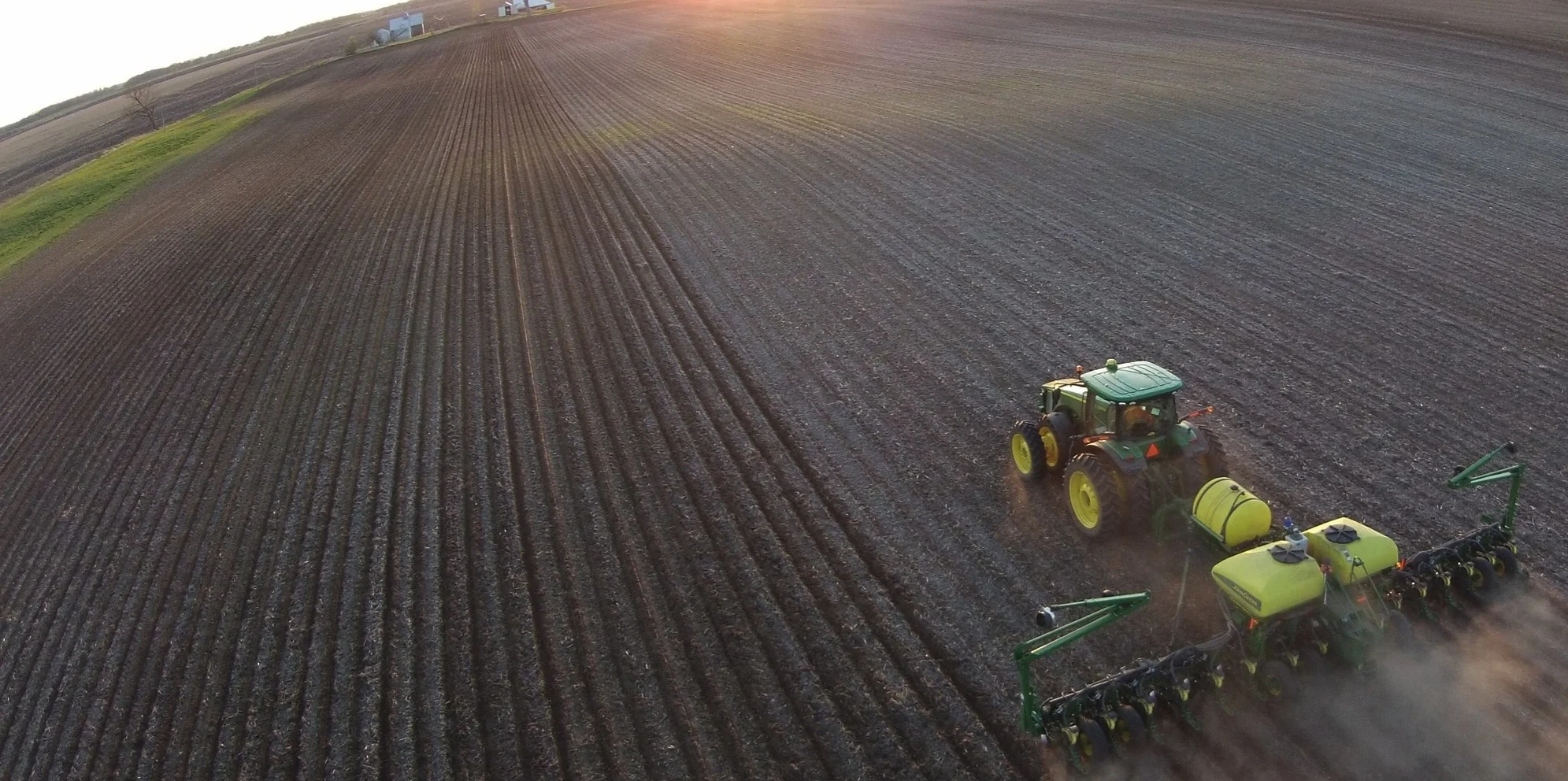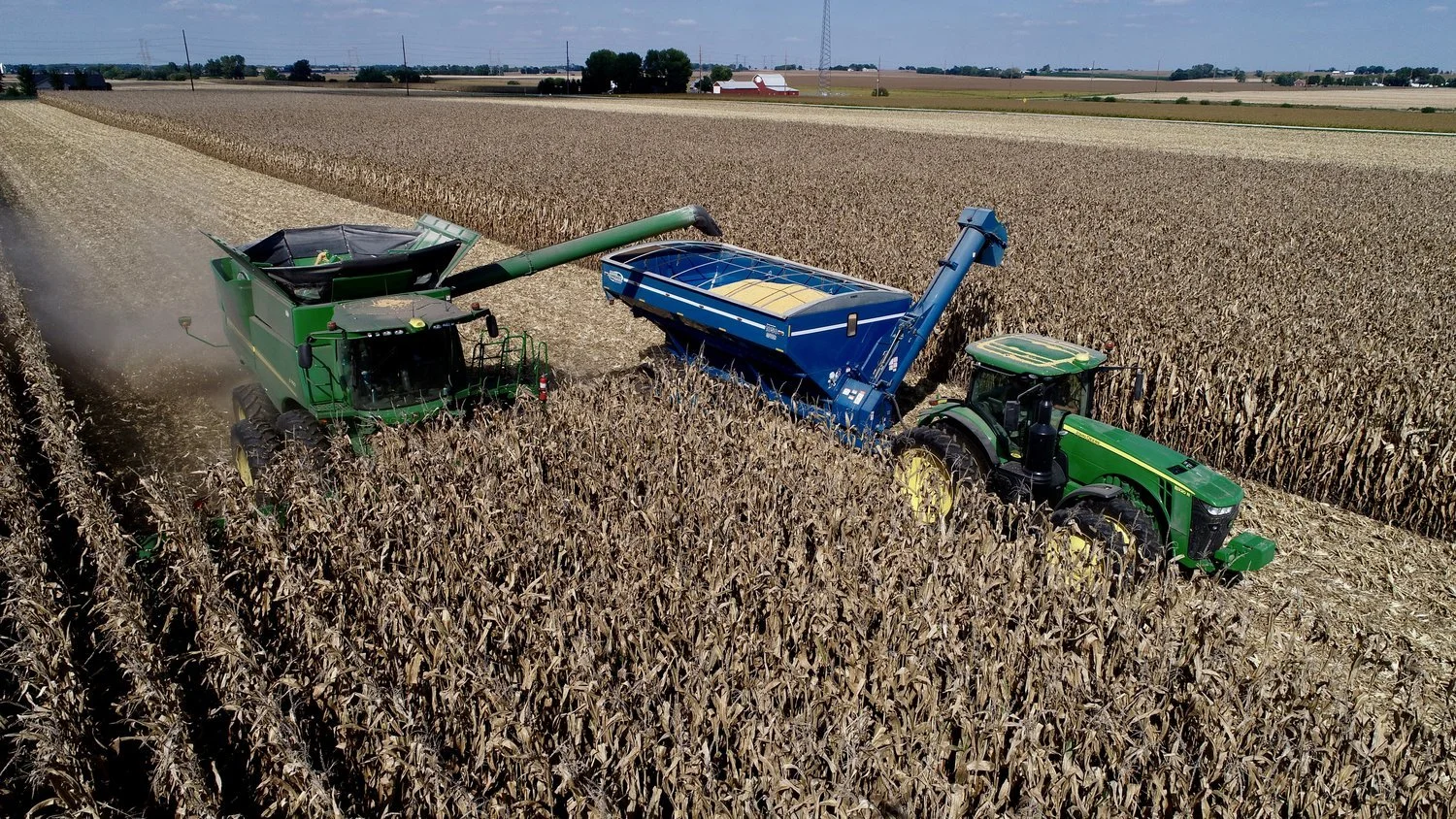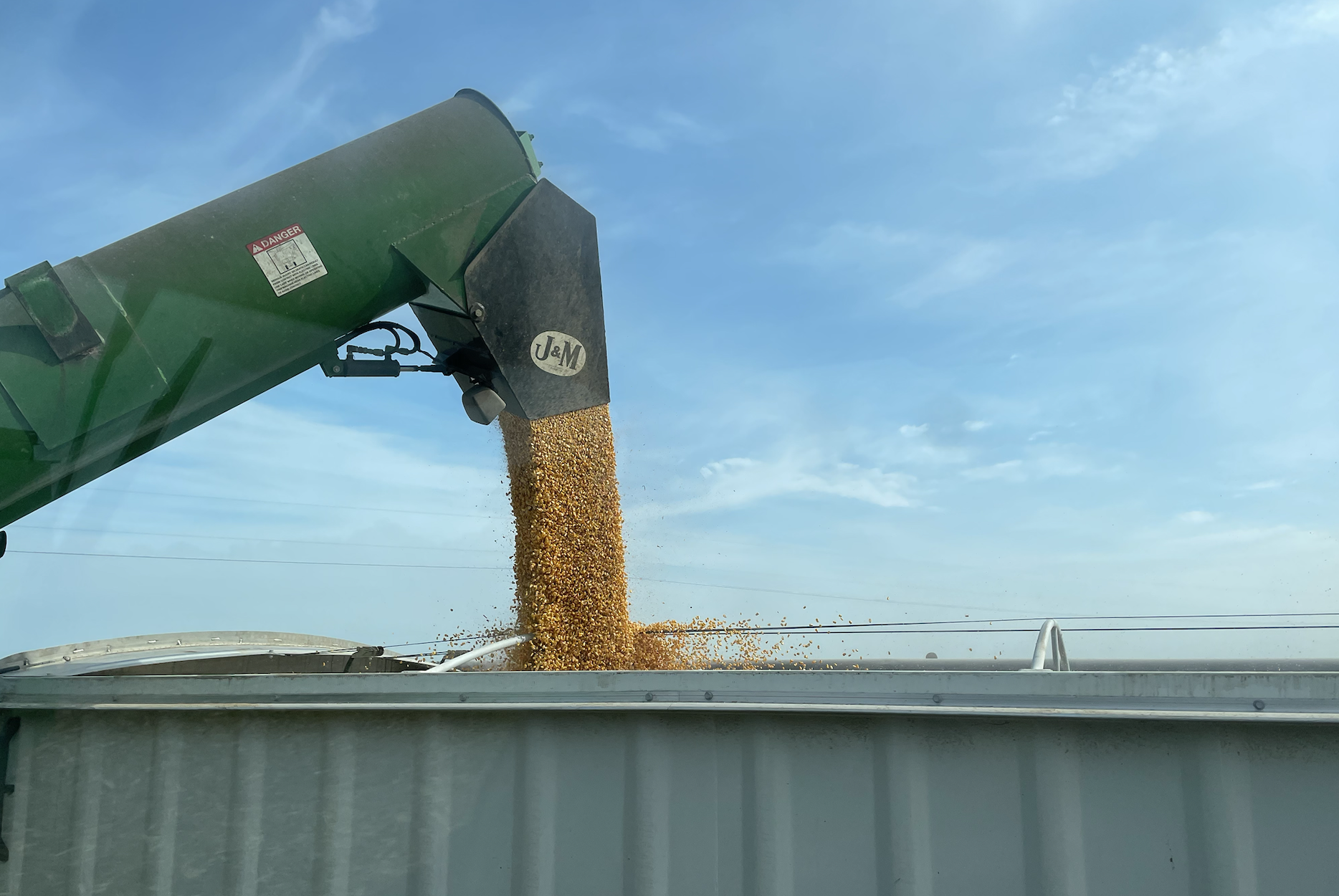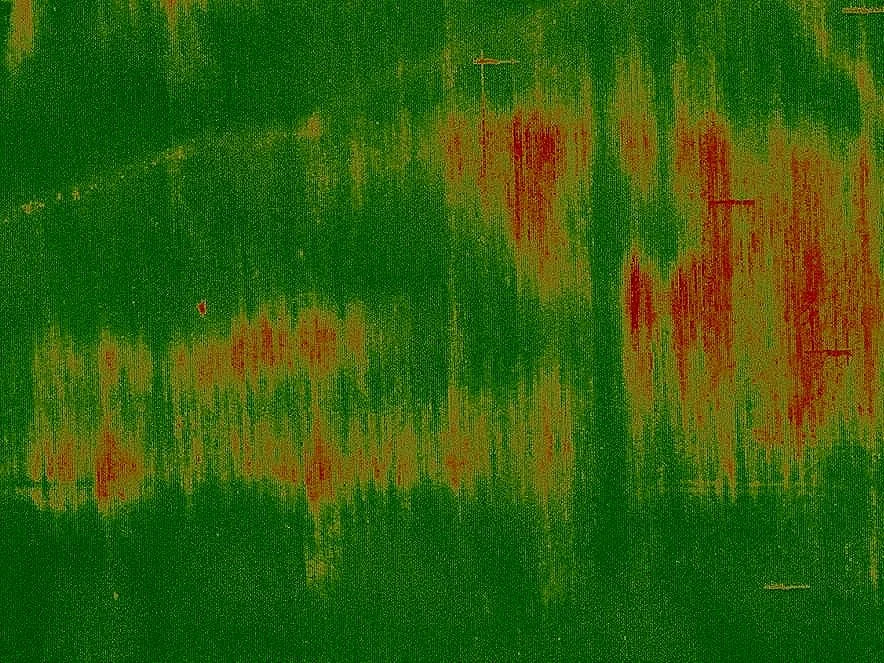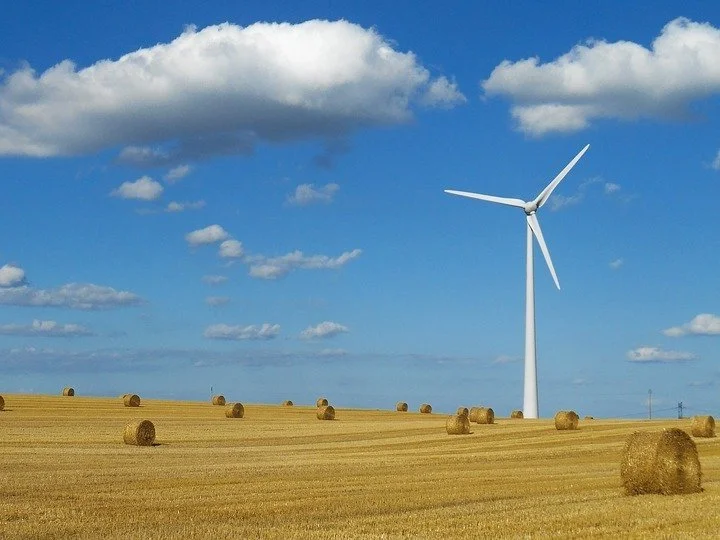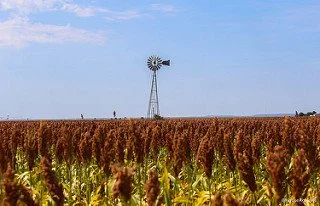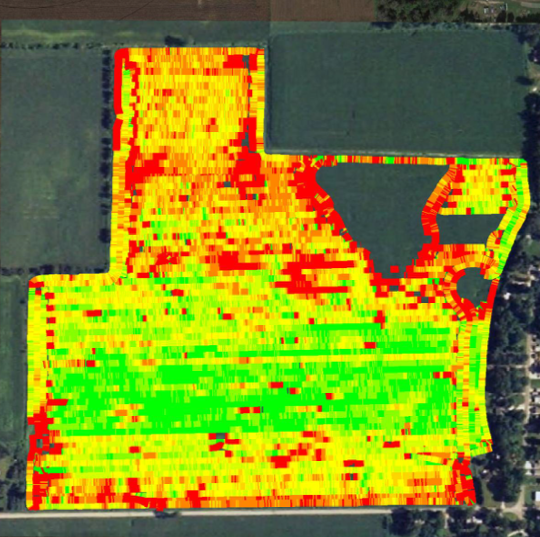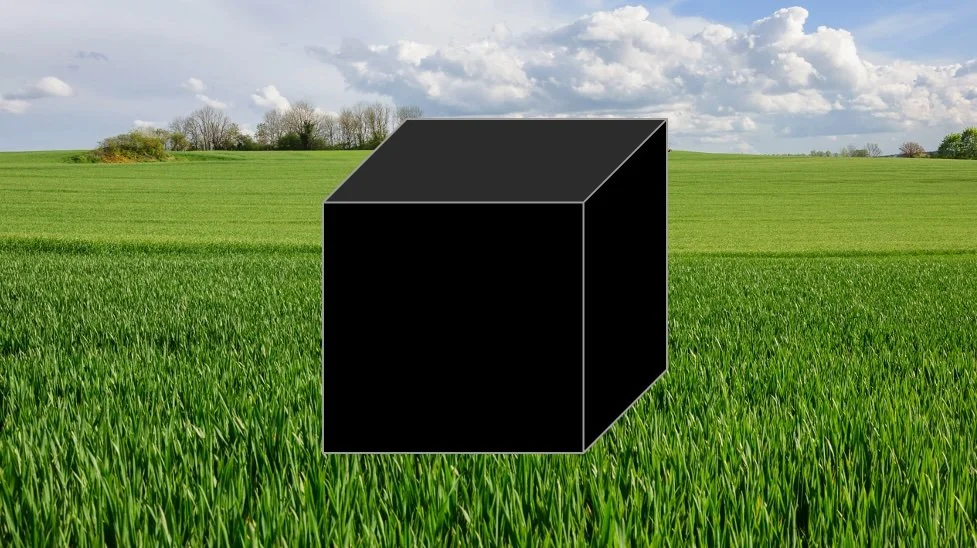The Internet of Farm Things (IoFT)
/The latest issue of SciTech Lawyer is dedicated to the Internet of Things and legal issues that will follow this advancing technology. The "Internet of Things" or "IoT" is the term used to describe the interconnectedness of new devices that can "talk" to each other and other devices. A great example of the IoT is typical house thermostat. For many years thermostats were simple electronic devices connected only to one home's HVAC. Today's modern thermostats allow you to remotely control them via smartphone, and they automatically update new software over wifi. What will similar IoT devices mean to the farm?
SciTech describes three ways in which agriculture already has embraced the IoT:
Field Sensors - field sensors test soil moisture and nutrients, allowing for precise irrigation and fertilization.
Drones and Satellite Imagery - various devices capture field imagery to improve crop making decisions.
RFID Sensors - radio frequency identification devices on livestock help monitor animal movements and locations.
These are good examples, but they are the tip of the iceberg for agriculture. The most obvious IoT devices on the modern farm are tractors, sprayers, planters, and harvesting equipment, which send real time data to owners and operators anywhere in the world. I can't help but think of all the IoT applications for the grain and livestock farm where I grew up, which required countless human hours to monitor all of the functions that go along with a complex business with a lot of moving parts.
The promise is enormous, but what are the issues for the Internet of Farm Things?
Privacy. Farmers have already expressed concern with how the movement of agronomic, production, and machine data to the cloud put their operational privacy at risk. Adding other connected devices to the farm will only add to this invasion of privacy on the farm.
Data Transfer and Ownership. The Internet of Farm Things will generate even more data than current sensors on tractors and farm equipment. All of this data must be stored in the cloud, and this raises data transfer and ownership issues. There are no laws that currently protect ownership of ag data, so contracts here are key to addressing these issues.
Security. Connecting our farms puts them at risk to hackers and nefarious outsiders that may want to disrupt our food production. This isn't a big concern yet, but imagine the extent of damage that could arise from a hacker or disgruntled employee of an IoT device provider who decides to turn off all fans on all hog barns on a 100 degree day. Security must be a concern as IoT devices start appearing on the farm.
Innovation. The irony of innovative products like IoT devices is that technology can result in a lot of control moving from the farm to a few companies. Will IoT devices on the farm be open-source or proprietary? Farmers like to innovate, but closed systems can stifle that spirit on the farm. Let's hope the IoT fosters innovation.
One thing is certain, the Internet of Farm Things is going to change the farm in ways we have not even imagined yet today.

